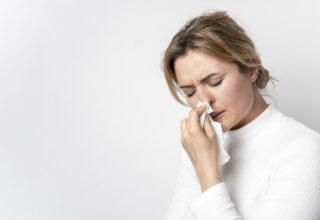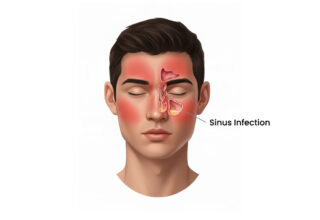Depression is a common mental health condition which affects millions of people around the world. It’s more than just feeling down, it can affect your mood, energy levels, relationships, and even physical health.
While professional treatment like therapy and medication are often essential, some people turn to complementary approaches like aromatherapy, to support their emotional well-being.
One of the most popular forms of aromatherapy involves using essential oils which are concentrated plant extracts known for their powerful scents and healing properties.
But can essential oils actually help with depression? Let’s find out.
How Do Essential Oils Work?
Essential oils are extracted from flowers, leaves, roots, and other parts of the plant. When you inhale these aromatic compounds they interact with your limbic system— an area of the brain involved in emotions, memory, and mood. Some essential oils have shown to promote feelings of calm, reduce stress, or even give you a gentle energy boost.
While essential oils aren’t a replacement for medical treatment, they can be a natural and supportive tool in your mental health tool kit.
Essential oils are primarily used in two ways: inhalation and topical application and aren’t to be swallowed. They’re most commonly used in aromatherapy, where they’re inhaled through different methods.
Best Essential Oils For Depression:
1. Lavender Oil:
Lavender is one of the most well-known essential oils when it comes to relaxation. It’s widely recognised for its calming and soothing effects, which may help ease feelings of anxiety and mild depression symptoms.
A 2021 study suggests that lavender aromatherapy has been shown to significantly reduce symptoms of anxiety and depression.
Lavender oil has also been linked to better sleep, reduced stress, and even headache relief.
How to use: Add a few drops in your diffuser, mix into a warm bath, or apply diluted (with a carrier oil) on your wrists, temples, or neck.
Try using it before bedtime for better sleep— especially helpful when depression is disturbing your sleep.
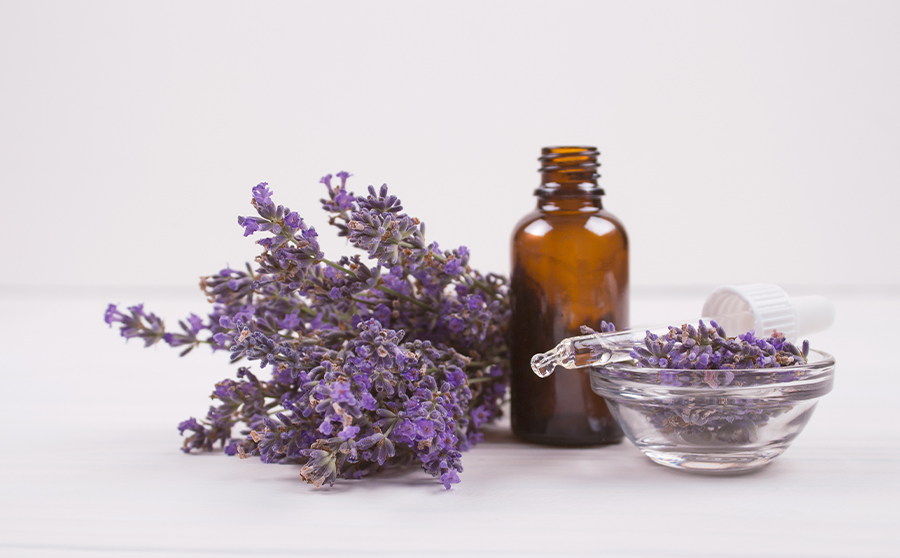
2. Bergamot Oil:
Bright, citrusy, and slightly floral bergamot oil has an uplifting and refreshing scent that can help reduce feelings of fatigue and improve mood.
It’s been studied for its potential to improve emotional well-being, with a study noting that people who inhaled bergamot essential oil at a mental health treatment center, experienced improvement in positive feelings.
How to use: You can inhale it directly from the bottle when you’re feeling down or diffuse it during the day to help beat the blues.
Bergamot oil can make your skin sensitive to sunlight, so avoid applying it topically before going out in the sun.
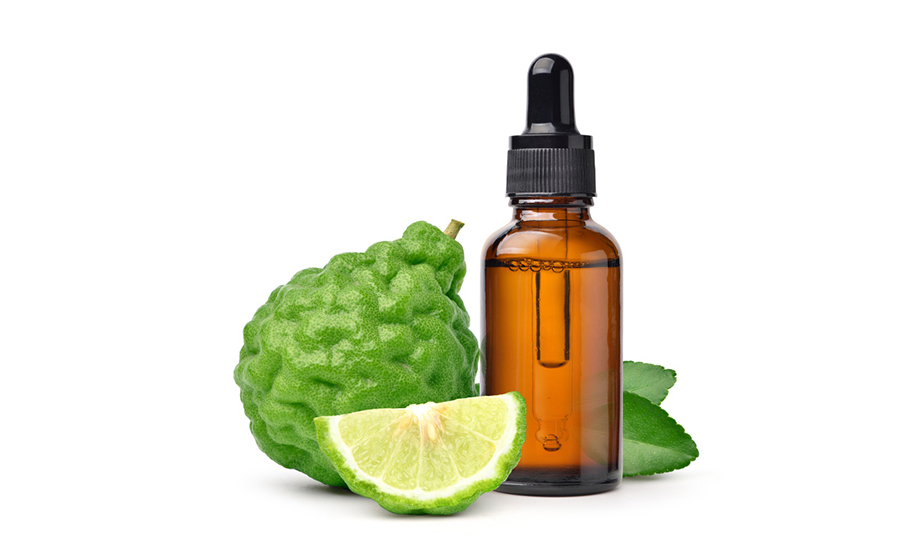
3. Ylang Ylang Oil:
This exotic, rich, and sweet smelling floral oil is often used to calm the mind. It’s thought to reduce the feelings of sadness and promote a sense of joy.
How to use: You can blend it with other oils like lavender or bergamot for a mood boosting combination.
Some people may find this oil too strong, so start with just one drop and adjust as needed.
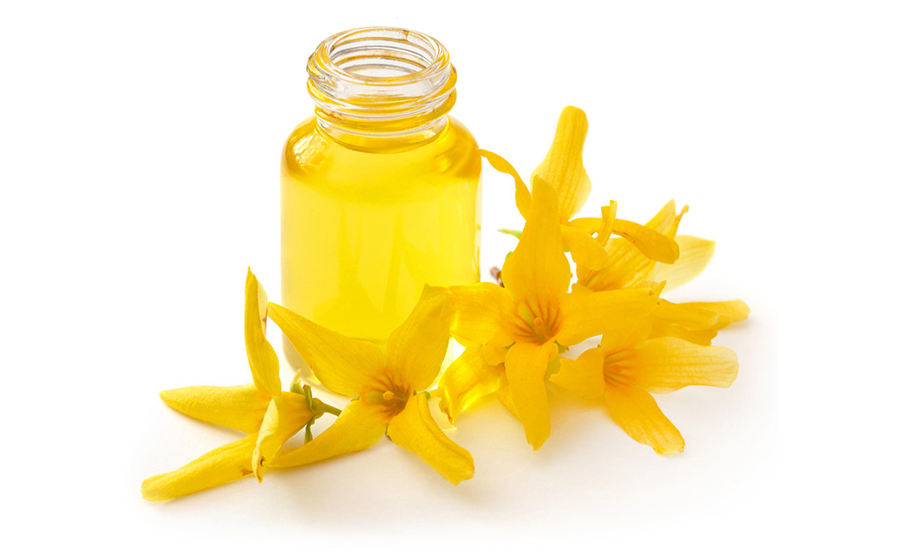
4. Frankincense Oil:
Often referred to as the “king of oils”. Frankincense has grounding and centering properties that can help you feel more balanced and promote inner peace and relaxation. It’s especially useful during meditation and mindfulness practices.
Frankincense has also been used for centuries in spiritual practices for its calming and centering effects.
How to use: Diffuse it during meditation or mix it with a carrier oil and apply it to the temples or soles of your feet.
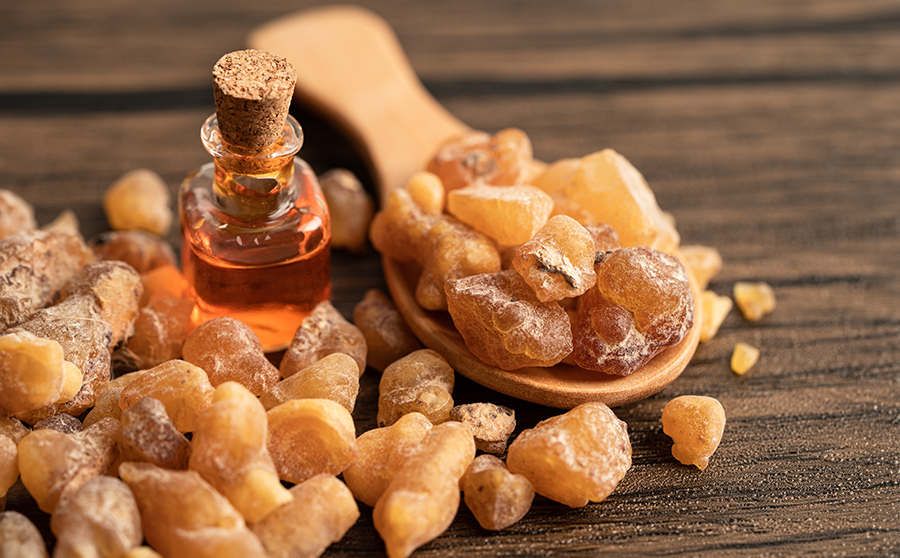
5. Rose Oil:
The scent of roses is naturally comforting and nurturing. Rose oil is associated with emotional healing and is believed to be helpful during times of grief or sadness. It can help soothe the nerves, ease meltdowns, and encourage emotional recovery.
Different human studies have shown that rose oil may help relieve pain and improve symptoms of depression.
How to use: Add a diluted drop on your pillow, dab it gently on your chest, or enjoy a rose-scented bath.
Rose oil is often more expensive than other oils, but a little goes a long way. If you’re on a budget, look for pure but small quantities.
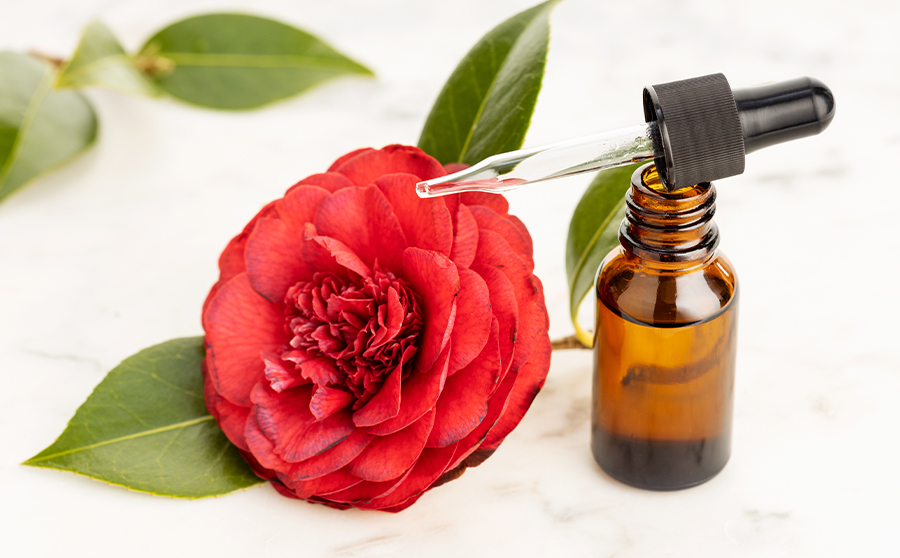
How to Choose the Right Essential Oil?
- Identify your needs. Consider what you want to address— low mood, fatigue, or sleep problems— and choose the essential oils best known for those benefits.
- Start with one or two well-tolerated oils, see how your body reacts and then expand your collection.
- Look for a good quality and 100% pure essential oils with no additives or synthetic fragrances.
- Pick a scent you actually enjoy— aromatherapy works best when you respond positively to the smell.
- Do a patch test with diluted oil to check for skin sensitivity or any allergic reaction.
- Buy from a trusted brand. Choose a reputable company with transparent sourcing and quality testing.
Final Thoughts:
Essential oils can be a good way to support your emotional wellness, especially when used mindfully. Everyone reacts differently to the scents, so feel free to experiment and find out what works best for you.
While many essential oils may play a supportive role in your emotional wellbeing, they should be considered complementary— not a replacement for professional care.
If you’re experiencing consistent sadness, hopelessness, or lack of interest in daily life, please don’t hesitate to contact a mental health professional.






